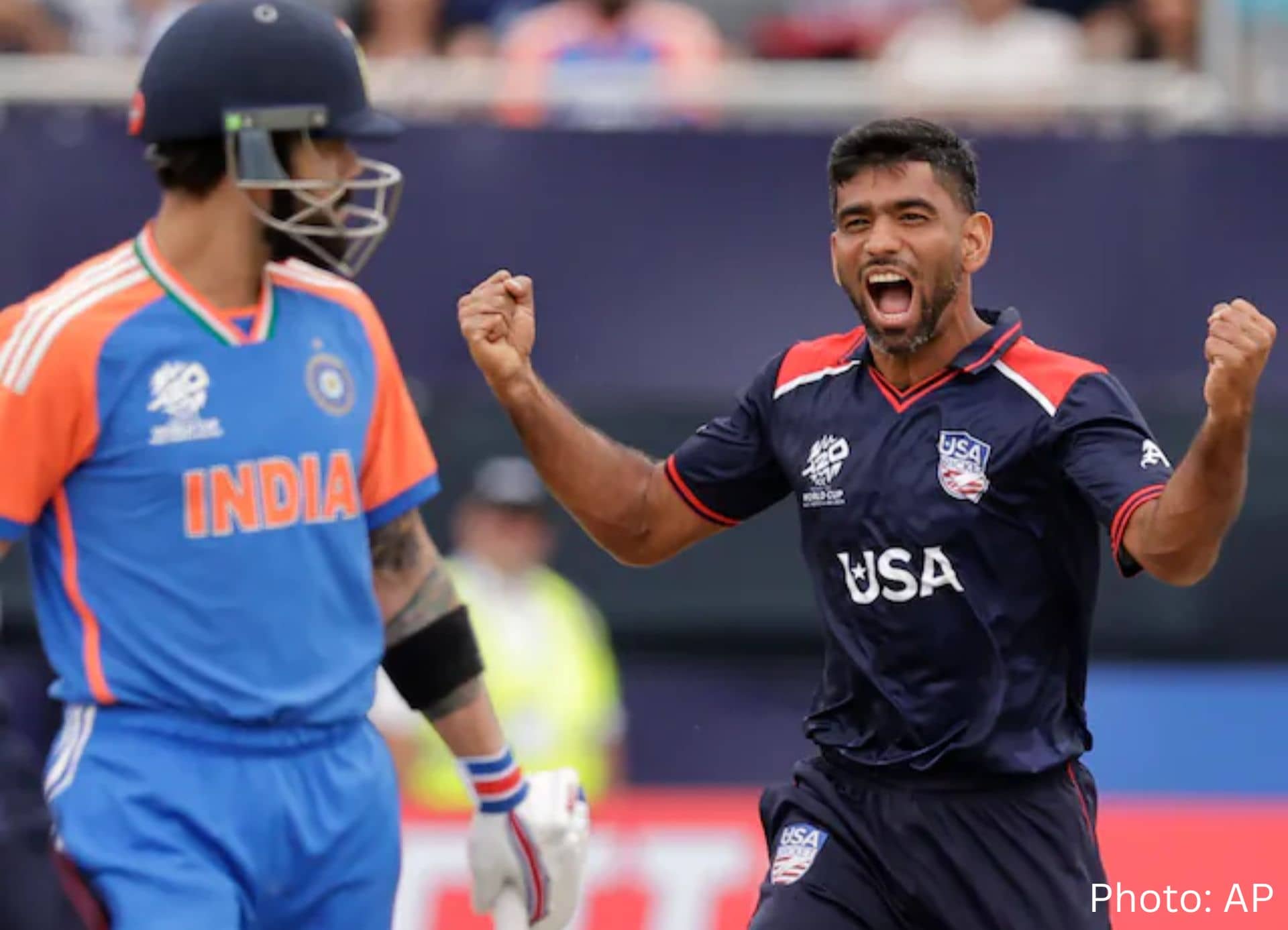To improve the speed and effectiveness of Twenty20 matches, the International Cricket Council (ICC) has implemented a new rule known as the 60-second stop-clock rule.
This rule, which was tested in One Day Internationals (ODIs) and shown to be very successful, will now be used in the T20 World Cup in 2024.
Today at 09sports.com we are going to examine this rule’s details and see how they might affect the competition and the participating teams.
The Introduction of the Stop Clock Rule by International Cricket Council (ICC)
The fielding side must start the following over within 60 seconds of finishing the previous one, according to the stop-clock rule.
Initially implemented as an experiment in December 2023, this invention proved to be successful as it saved at least 20 minutes every match in One-Day Internationals.
The ICC agreed to make this regulation mandatory for all limited-overs games beginning in June 2024 due to its favorable impact.
This rule’s major goal is to guarantee that matches are finished on time, which is essential for preserving the thrill and energy of the game—especially in the quick-paced T20 format.
The third umpire, who will also initiate the 60-second countdown shown on an electronic clock at the ground, will supervise the rule’s execution.
Penalties and Limitations under this New Rule
The ICC has established a system of sanctions to carry out this regulation. The captain will be given two warnings if the fielding team does not begin the next over within the allotted sixty seconds.
The fielding side will be hit with a five-run penalty if, despite numerous warnings, the team still fails to comply.
However, there are specific exceptions where the rule will not apply. These include:
- When a new batsman arrives at the crease between overs.
- During official drinks intervals called by the umpires.
- If an on-field injury requires treatment and is approved by the umpires.
- Any other conditions beyond the control of the fielding side, such as adverse weather conditions.
These exceptions or limitations ensure that the rule is fair and accounts for genuine delays that could occur during the game.
Group Stage and Tournament Structure of ICC T20 World Cup 2024
The T20 World Cup 2024 is set to kick off with an exciting match between the USA and Canada on June 1. The tournament features 20 teams divided into four groups of five teams each:
- Group A: India, Pakistan, Ireland, USA, Canada
- Group B: Australia, England, Namibia, Oman, Scotland
- Group C: Afghanistan, New Zealand, PNG, Uganda, West Indies
- Group D: Bangladesh, South Africa, Sri Lanka, Netherlands, West Indies
The competition is anticipated to be fierce and unexpected with this diversified composition, which makes effective match time management even more important.
Weather Concerns and Rain Rules for the T20 Wolrd Cup to be held in USA
The weather in the host nations of the USA and the West Indies is one important factor that could affect the competition.
To address games influenced by rain, the ICC has set special guidelines. Points will be shared if a match is stopped by rain during the group stages, as long as a game has lasted at least five overs.
For a knockout match to be deemed legitimate, a minimum of 10 overs must be bowled.
In order to make sure that the matches can be finished in the event that weather postpones the semifinal and final games, an extra 190 minutes of time will be granted in addition to a reserve day.
Possible Effects of These New Regulations by ICC on Teams and Strategies
The implementation of the stop-clock rule may have a big impact on team chemistry and strategies. Fielding teams will have to move between plays with greater efficiency and discipline.
The countdown will require captains and bowlers to pay attention in order to avoid penalties, which could increase pressure, especially in games with a lot on the line.
Since spinners often finish overs faster than pace bowlers, this rule may also push teams to use more spinners.
This can cause the team’s lineup and strategies to change, with a greater emphasis on keeping the tempo quick throughout the inning.
However, the batting side may also take advantage of this rule by quietly interfering with the fielding team’s rhythm by lingering between overs.
The third umpire’s role becomes crucial in monitoring such situations to ensure fair play.
Final Thought
The innovative 60-second stop-clock rule implemented by the ICC aims to improve T20 cricket’s speed and effectiveness.
The ICC wants to keep the T20 format’s signature excitement and audience engagement alive by making sure that matches are played on schedule.
It would be interesting to observe how this rule affects the tactics and performances of the participating teams as the 2024 T20 World Cup draws near.
The combination of strategic ideas, competitive cricket, and the possibility of weather-related disruptions creates an exciting environment for an exciting competition.
Fans everywhere will be waiting with bated breath to see which team can win the T20 World Cup this year by best adjusting to these new rules.
*This Article was written by Anmol, author @09sports.com
